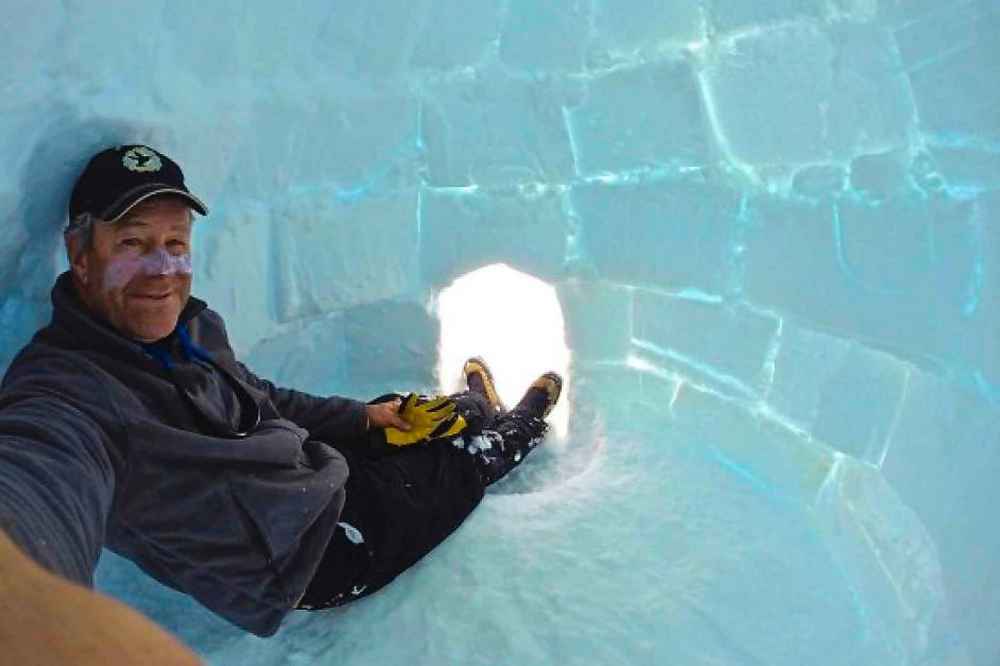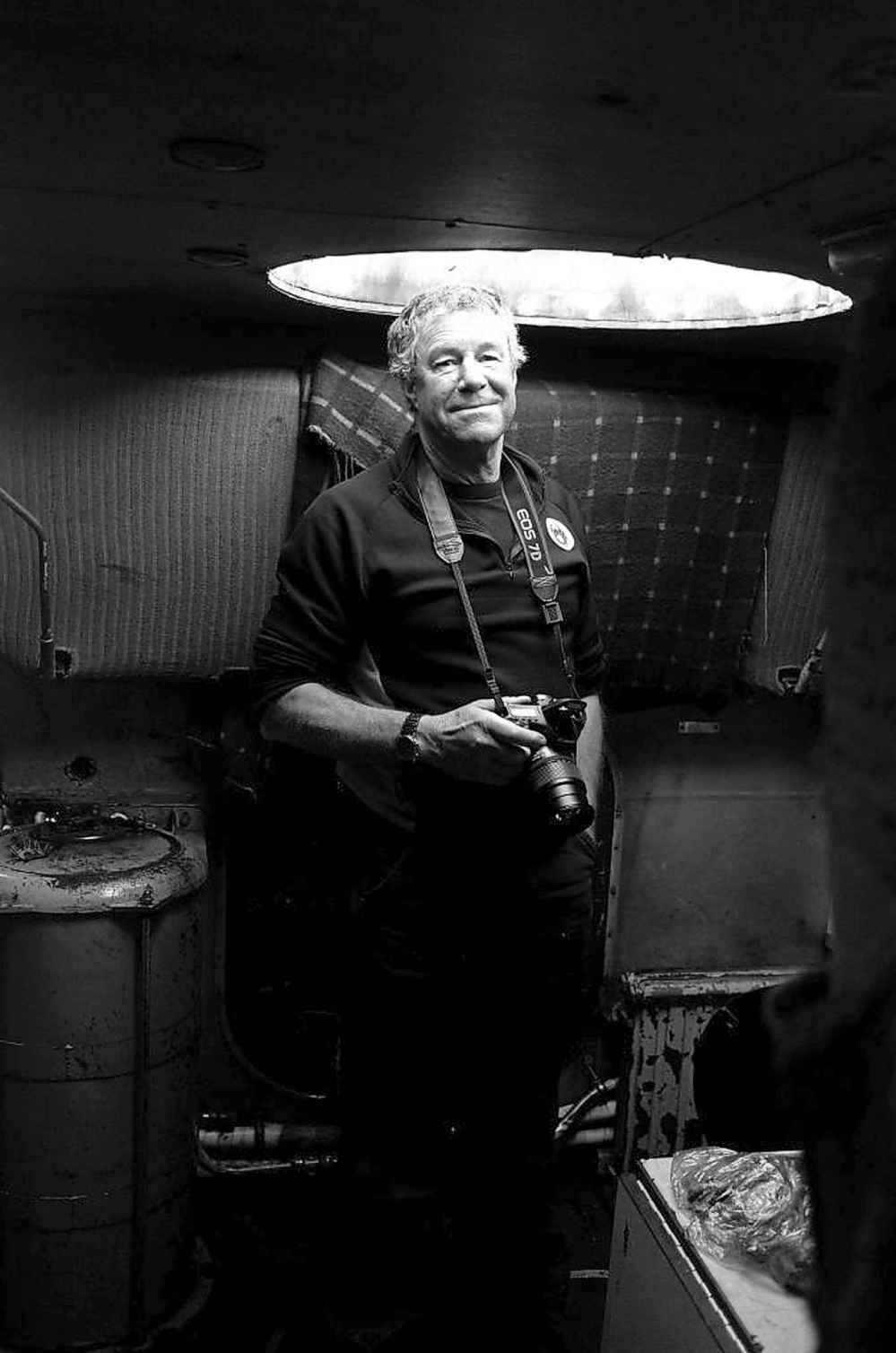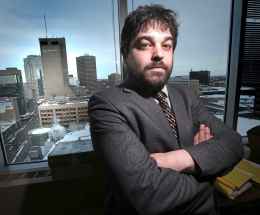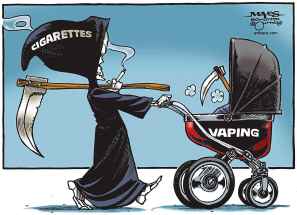Australia found responsible in workplace death of Manitoba pilot
Read this article for free:
or
Already have an account? Log in here »
To continue reading, please subscribe:
Monthly Digital Subscription
$19 $0 for the first 4 weeks*
- Enjoy unlimited reading on winnipegfreepress.com
- Read the E-Edition, our digital replica newspaper
- Access News Break, our award-winning app
- Play interactive puzzles
*No charge for 4 weeks then billed as $19 every four weeks (new subscribers and qualified returning subscribers only). Cancel anytime.
Read unlimited articles for free today:
or
Already have an account? Log in here »
Hey there, time traveller!
This article was published 09/12/2019 (1592 days ago), so information in it may no longer be current.
The Commonwealth of Australia has been found responsible for two breaches of the country’s workplace health and safety regulations in connection with the 2016 death of a Winnipeg helicopter pilot contracted to work in Antarctica.
David Wood, 62 — who lived in Winnipeg when not fighting forest fires or working in the Southern Hemisphere — died Jan. 11, 2016, during a routine fuel drop on Antarctica’s West Ice Shelf, roughly 145 kilometres from Australian-run research complex Davis Station.
He was working for the Australian-based Helicopter Resources, which had been hired by Australian Antarctic Division to fly-in drums of aviation fuel to remote sites.

On Friday, acting Chief Magistrate of the Australian Capital Territory, Glenn Theakston, found the commonwealth guilty on two of three charges, saying it had failed “to comply with (its) duty to ensure the health and safety of workers.”
In a written statement to the Free Press, Mary Macdonald said the verdict represented justice for her husband.
“In the event of any workplace death, families of victims are compelled to seek explanation, accountability and justice, and it is vital to them that all of the organizations involved respond in such a way as to prevent such devastating loss of life or injury in the future,” Macdonald said.

“In the case of the preventable workplace death of Capt. David W. Wood in the Australian Antarctic, the judgement of Dec. 6 has fulfilled that hope. And while we hold one another in grief once again, we also acknowledge that justice has prevailed and we are grateful.”
In January 2016, Wood was at the controls of one of two helicopters transporting aviation fuel. After the pilots dropped their respective fuel drums, they landed so they could retrieve the sling equipment.
Wood stepped out of his helicopter and onto a snow bridge located immediately next to the aircraft. He fell roughly 20 metres into a crevasse. The other pilot rushed back to the station to seek help, returning roughly three hours later.
Wood was transported in critical condition, dying from hypothermia before he could be transferred to Australia.
In court, defence attorneys for the government argued Wood had been instructed to turn back on flights if he thought a site was too dangerous to land. However, the judge determined the Australian Antarctic Division failed in its duties towards Wood.
“The AAD was best-placed to decide how projects and other operations could be safely conducted… This extended to where fuel cache sites should be located and what methods should be employed to assess the suitability of those sites before pilots were tasked to land and walk on (them),” he said.
In his decision, Theakston cleared Helicopter Resources of wrongdoing in connection with the death.
The maximum penalty for each charge is $1.5 million, according to the Australian Broadcasting Corporation. The Commonwealth of Australia has yet to be sentenced.
“As a family, familiar with the challenges of deep winter and glacial conditions, we note that the Australian court has been able to consider well (the) factors that led to David’s horrendous and prolonged death,” Macdonald said.
“It has always been and always will be the responsibility of the employer to provide a safe workplace. The power imbalance that is inherent between worker and employer dictates that responsibility.”
ryan.thorpe@freepress.mb.ca
Twitter: @rk_thorpe

Ryan Thorpe
Reporter
Ryan Thorpe likes the pace of daily news, the feeling of a broadsheet in his hands and the stress of never-ending deadlines hanging over his head.












